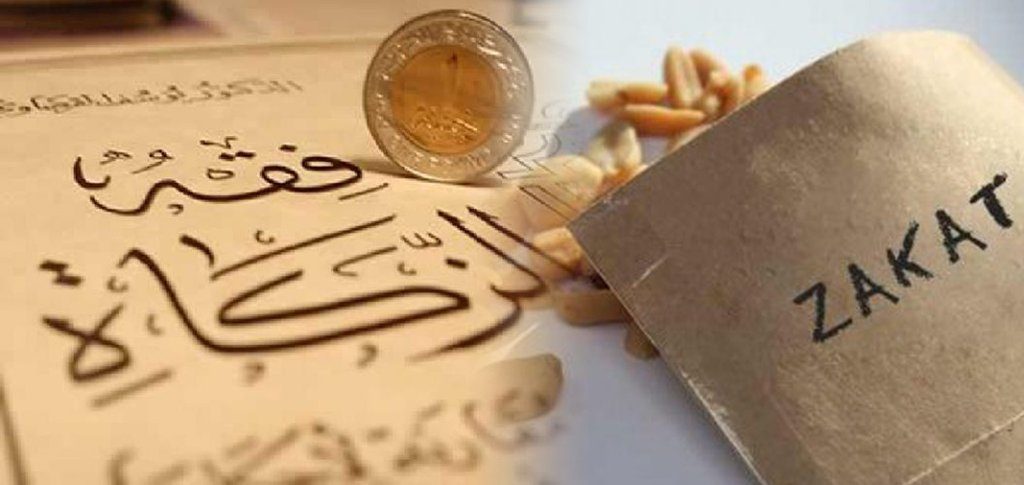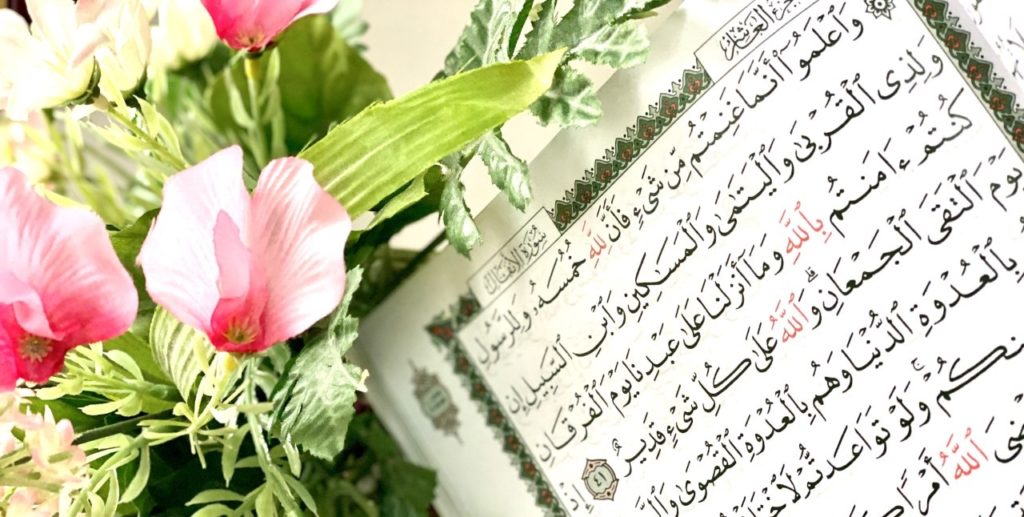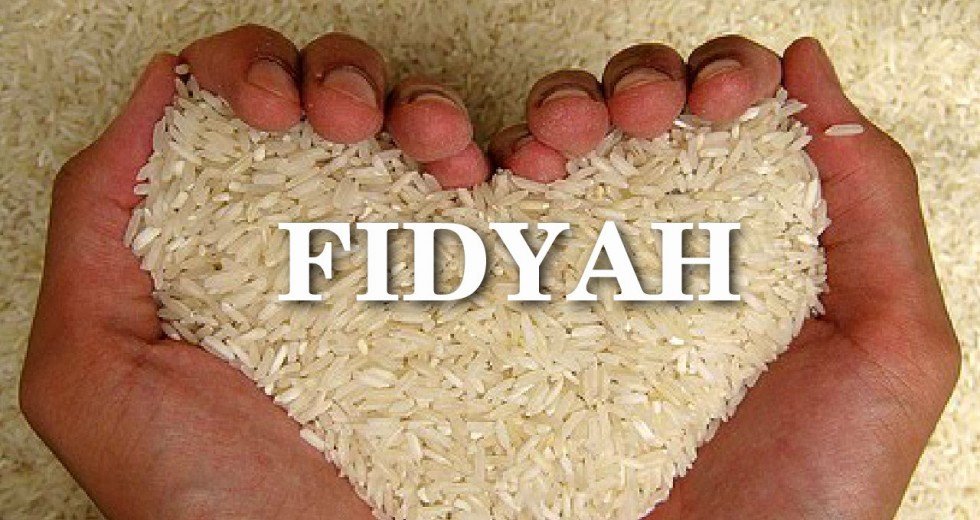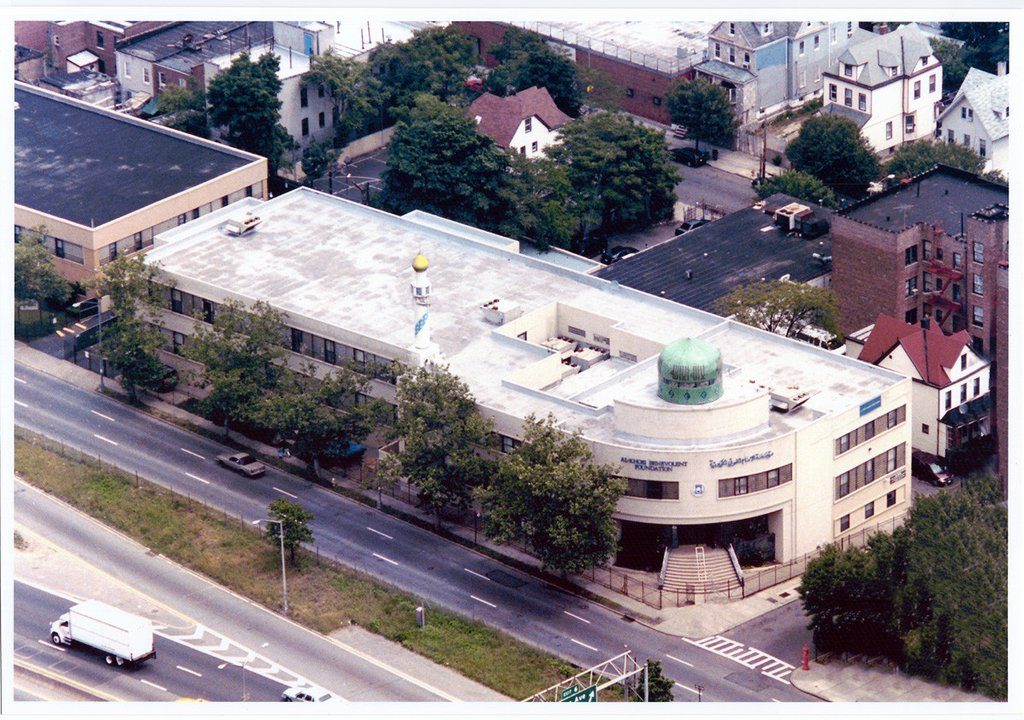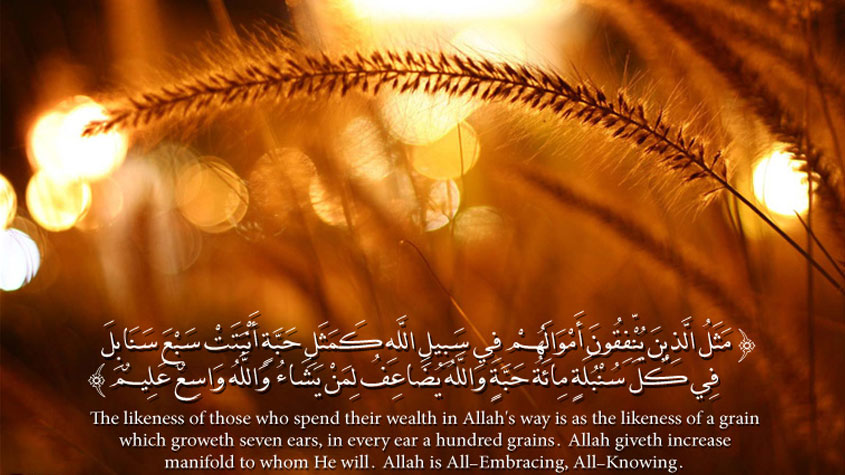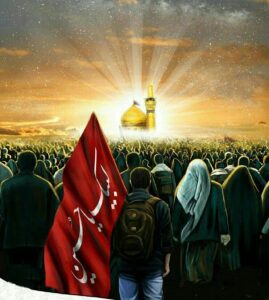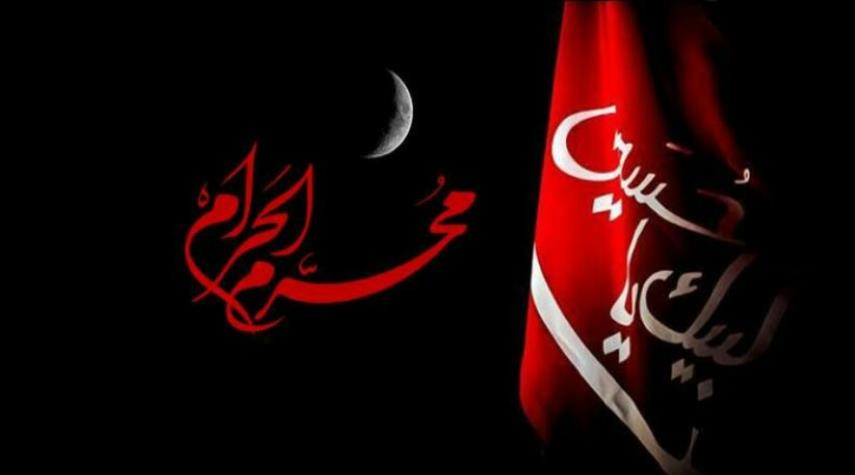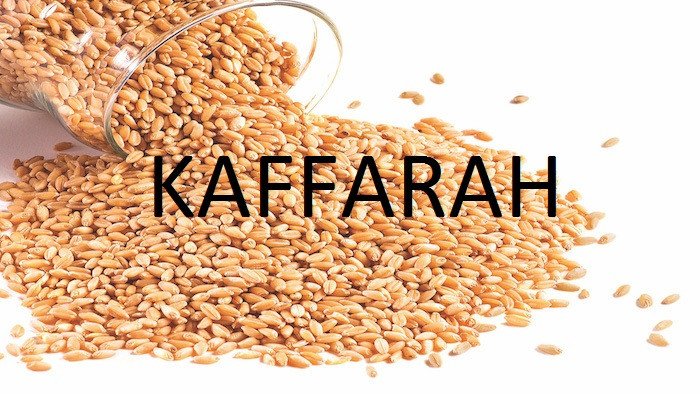
بسم الله الرحمن الرحيم
روي عن النبي (ص): “مَنْ فَطَّرَ فِيهِ صَائِمًا كَانَ لَهُ مَغْفِرَةَ لِذُنُوبِهِ
ها هو شهر رمضان المبارك يعود علينا بالخير واليمن والبركة ، ونحن جميعا مدعون للتكافل والتراحم ، ولعل واحدا من وجوه التكافل والتراحم هو دعوة الصائمين المحتاجين لتناول وجبة الإفطار ، ومؤسسة الإمام الخوئي الخيرية دأبت على تقديم هذه الخدمة منذ أن أنشأت ، إذ تقدم المساعدات لمئات المحتاجين في العراق وباكستان والهند وافغانستان وبعض مناطق افريقيا ولبنان وسواها ، وحتى في الولايات المتحدة .
:وها انتم مدعوون للمساهمة في هذا الجهد المتواضع ، إذ يمكنكم التبرع عبر الوسائل أدناه
In the name of God, the Most Merciful, the Most Compassionate.
The Holy Prophet (pbuh&hp) is reported to have said: “Whoever provides iftar [food for breaking the fast] of a fasting person in it [the month of Ramadan], will be granted forgiveness for his sins.”
Here comes the holy month of Ramadan once again bringing us goodness and blessings. We are all encouraged to be compassionate and sympathetic. Perhaps one of the best ways to show compassion is by inviting needy fasting believers to iftar. Imam Al-Khoei’s Charitable Foundation has been providing this service since its establishment as it provides aid to hundreds of needy people in Iraq, Pakistan, India, Afghanistan and some parts of Africa, Lebanon as well as the United States.
You are invited to contribute and donate to this modest effort through one of the methods below
Online At: www.Al-khoei.org
Via Zelle: Pay@al-khoei.org
Via Credit Card: Either thru Online or you can call us at (718) 297-6520 Ext .115 or 116
Via Check Payable to Al-Khoei Foundation
89 – 89 Van Wyck Expy.
Jamaica, NY, 11435.
USA

